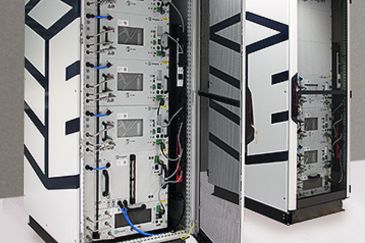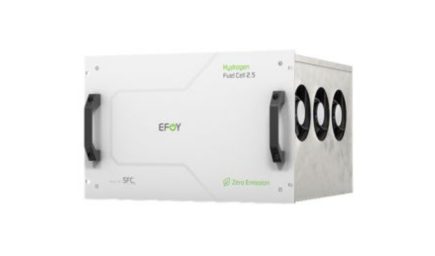Technology
Uncover the future of energy with technologies designed to provide reliable, off-grid power and contribute to a cleaner, more sustainable world.
No Glass Solar Technology
No-glass solar panels are lighter, more durable and more efficient than traditional glass panels. They are up to 66% lighter, making them easier to install and handle. Unlike glass panels, they won’t break on impact and are resistant to harsh weather. They also generate more energy, with minimal degradation over time. This technology offers a more flexible, long-lasting solution for powering buildings, homes and off-grid structures.
AEM Electrolysis
AEM Electrolysis is a water-splitting technology that produces high-purity green hydrogen using renewable electricity and water. Unlike other methods, AEM uses affordable transition metal catalysts instead of rare materials like platinum, making it more cost-effective. It’s highly scalable, modular and responds well to fluctuating renewable energy sources. AEM electrolysis offers fast, flexible hydrogen production with less maintenance and fewer supply chain concerns, making it a sustainable and future-proof solution for clean energy.
Hydrogen Fuel Cells
Hydrogen fuel cells use Polymer Electrolyte Membrane (PEM) technology to generate electricity by converting hydrogen into power, with only water vapor as the by-product. This makes them an environmentally friendly energy source. Hydrogen is produced through water electrolysis using renewable energy such as wind or solar, ensuring a carbon-neutral process. With scalable output, hydrogen fuel cells are efficient, quiet, and perfect for use in ecologically sensitive areas, providing reliable, emission-free power solutions for various applications.
When combined, these cutting-edge technologies offer a powerful, integrated energy solution designed to meet the growing demand for clean, independent, and reliable power. Perfectly suited for challenging environments, this approach provides sustainable energy solutions that not only optimize performance but also contribute to a greener future. As energy needs evolve, innovative systems like this will play a crucial role in delivering scalable, efficient, and eco-friendly power.



